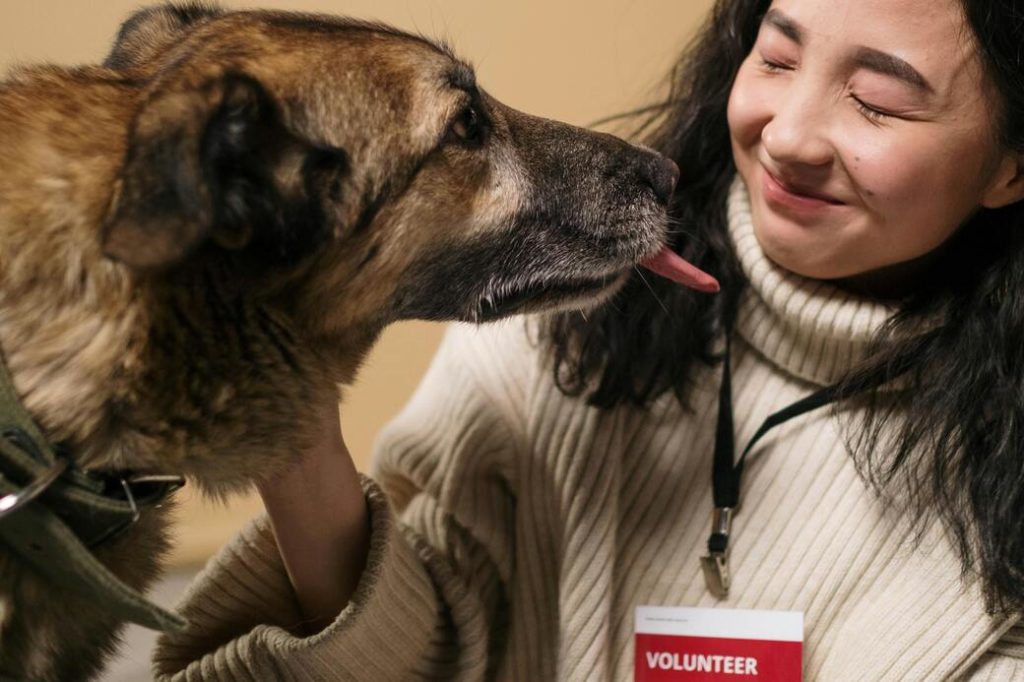In a world that often feels increasingly disconnected, empathy stands as a powerful force capable of bridging divides, fostering understanding, and cultivating stronger human connections. Yet empathy is not merely an abstract concept or passive emotion—it is a skill that can be actively nurtured and refined. One of the most effective ways to cultivate empathy is through active community involvement, where individuals engage in service and care that transcends their immediate personal circles.
From volunteering at shelters to participating in neighborhood clean-ups or mentoring at-risk youth, community care activities offer unique opportunities to experience life from perspectives vastly different from our own. Through these engagements, participants not only help others but also deepen their emotional intelligence and understanding, creating a ripple effect of compassion that strengthens the fabric of society.
The Roots of Empathy: Learning by Doing
Empathy begins as an internal experience—the ability to understand and share the feelings of others. But in a broader sense, it is a social skill, one that can flourish when given the right environment. Community involvement is that environment, offering individuals real-life situations that test and expand their capacity for empathy.
For example, when volunteers serve meals at a homeless shelter, they are forced to confront the realities of poverty, addiction, and mental illness. These are experiences that many may have only understood in the abstract, but through direct interaction, they become personal. The act of offering a meal becomes more than an act of charity—it becomes an opportunity to connect on a human level, to listen, to learn, and to reflect on one’s own assumptions and privileges.
Moreover, these experiences have a profound impact on emotional intelligence, which is the ability to recognize, understand, and manage our own emotions while being aware of others’ feelings. In community care activities, emotional intelligence is continuously exercised. Volunteers might need to navigate challenging emotions—frustration, sadness, or anger—while maintaining compassion and patience. Over time, this constant practice not only improves self-awareness but also makes empathy second nature.
Personal Growth Through Community Care
Engaging in community care activities fosters personal growth by encouraging individuals to step outside their comfort zones. It challenges participants to confront biases, rethink stereotypes, and engage in meaningful reflection on their roles within the broader community. This process of introspection is essential to empathy development, as it requires an individual to question their beliefs and consider how others experience the world differently.
Consider the example of mentoring a young person from a marginalized background. The mentor, regardless of their personal experiences, enters the relationship with their own set of expectations and assumptions. Over time, they may come to realize that the mentee’s challenges are rooted not just in personal circumstances but in systemic issues such as inequality, racism, or lack of resources. This understanding does more than improve the mentor-mentee relationship—it opens the mentor’s eyes to the complexities of the social fabric and enhances their capacity for empathy in all areas of life.
In addition to fostering understanding, these activities often provide a sense of purpose. Participants report feeling a deeper connection to their communities and a renewed sense of belonging. This sense of purpose is not only good for emotional well-being but also plays a critical role in maintaining a compassionate society. When individuals feel they are contributing to the greater good, they are more likely to continue engaging in empathetic actions, both within and outside of formal volunteer settings.

Building Stronger Community Bonds
The benefits of community involvement extend far beyond individual growth; they also strengthen the bonds within the community itself. When people come together to serve a common cause, they create networks of support and trust that can lead to long-lasting relationships.
Empathy, by its very nature, fosters connection. It requires us to listen attentively to others, to be present in their experiences, and to offer understanding without judgment. When this happens on a community-wide scale, it creates a culture of compassion and inclusion.
One of the key outcomes of empathetic communities is their resilience. In times of crisis—whether a natural disaster, economic hardship, or social unrest—communities that have strong, empathetic ties are better equipped to support one another. Individuals within these communities are more likely to step up for those in need, offer emotional support, and work collaboratively to find solutions.
Furthermore, the shared experience of giving back often dissolves social barriers. Through acts of community care, people from different backgrounds, socioeconomic classes, and belief systems work alongside one another, finding common ground in their shared humanity. These interactions foster mutual respect, break down prejudices, and create more inclusive communities where diversity is celebrated rather than feared.
Empathy as a Path to a Compassionate Society
Cultivating empathy through community involvement doesn’t just benefit individuals and their immediate surroundings—it has the potential to transform society as a whole. As people become more attuned to the experiences and struggles of others, they begin to advocate for broader systemic change. They see the connection between personal suffering and social structures, and they become more active in addressing inequality, advocating for justice, and creating inclusive policies that reflect the values of empathy and compassion.
In fact, empathy is at the core of many social movements throughout history. Whether it’s the civil rights movement, the fight for gender equality, or the ongoing struggle for environmental justice, empathy motivates people to act not just for their own benefit, but for the welfare of others. It is this deep-seated desire to alleviate the suffering of others that fuels progress and drives positive change in the world.
The Road Ahead: How to Get Involved
While the benefits of community involvement are clear, the first step can often feel overwhelming. The good news is that opportunities to engage in community care are more accessible than ever. Many organizations, both local and global, provide ways for individuals to volunteer their time, skills, and resources to causes they care about. From virtual mentoring to neighborhood beautification projects, there are countless ways to get involved.
For those looking to make a difference, the key is to start small and find a cause that resonates with them. Whether it’s through formal volunteer work or informal acts of kindness, every action contributes to the larger goal of fostering empathy and compassion within the community.
Ultimately, empathy in action is about more than just feeling for others—it’s about being present, actively engaging, and creating meaningful connections that lead to a more compassionate, inclusive, and just society.
You may also like
-
Jacqueline Carson on The Mind-Body Connection: How Your Thoughts Shape Your Health
-
Coffee with the Universe: Creating a Sacred Daily Practice
-
Aliesha Embleton on Building Resilience and Self-Care: A Lifelong Foundation for Growth
-
Dr Stacey Anwin on Writing for Self-Care
-
ADHD-Friendly Self-Care Practices: How to Prioritise Your Mental, Emotional, and Physical Wellbeing
